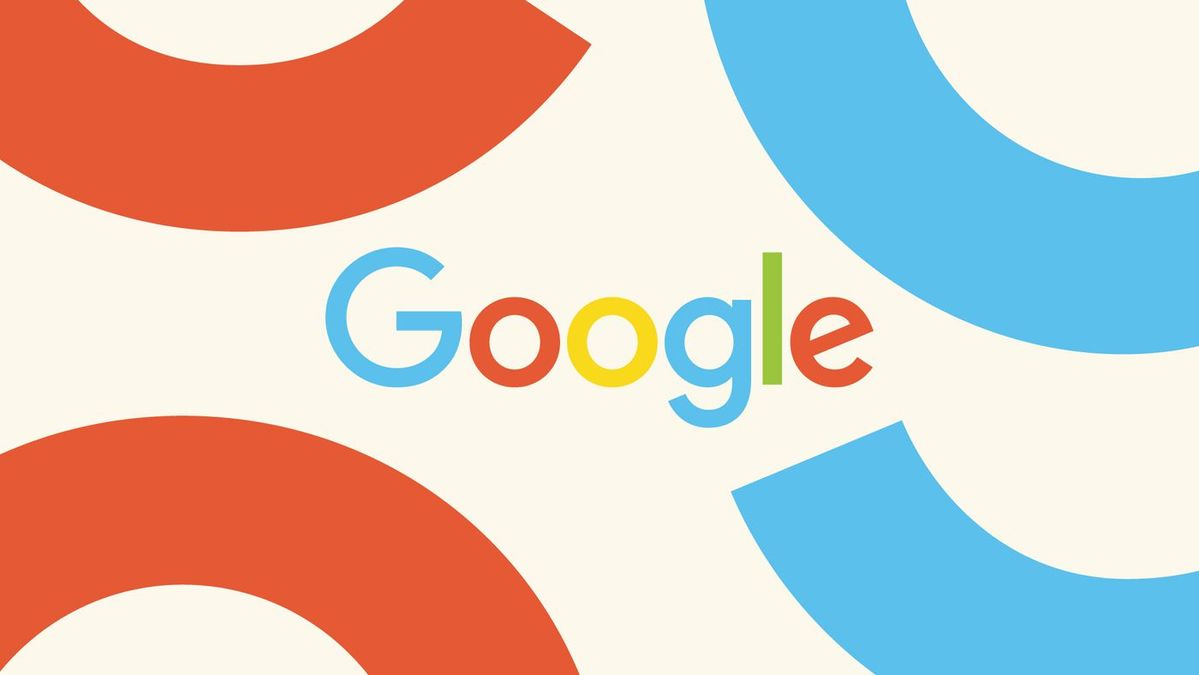Google’s 2024 journey was marked by significant advancements in artificial intelligence, enhanced tools for advertisers and consumers, intense regulatory scrutiny, and a strategic push for its Pixel series powered by Gemini AI.
Between announcing multiple AI-led tools for advertisers, enabling interactive ad formats for consumers, and securing double-digit smartphone market share in global markets, a lot happened for Google. Here is a recap of Google’s year, which saw some massive AI push, favourable ad revenue, and a series of legal clashes.
The cookie conundrum
In July 2024, Google announced a major reversal, stating that it would no longer phase out third-party cookies, a plan they had first introduced in 2020, with the promise of a more privacy-focused web.
After years of delays and missed deadlines, the company cancelled the plans, instead allowing Chrome users to gain enhanced control over cookie tracking, helping them to manage their online privacy more manually.
The move drew scrutiny from the UK’s Competition and Markets Authority (CMA), which expressed concerns about Google’s influence on the online advertising ecosystem. By September, the CMA concluded that Google’s revised approach still posed competition issues, calling for further consultations with stakeholders.
Record-breaking revenue
Alphabet’s ad revenue demonstrated resilience throughout the year. In Q1 2024, ad revenue rose by 13% year-on-year to $61.65 billion. Q2 results saw an 11% yearly growth to $64.6 billion. In Q3, Alphabet reported a record-breaking $88.3 billion in revenue, with $65.9 billion attributed to Google’s core advertising business.
AI-led innovation sets the stage
Google started the year by integrating its AI model, Gemini, into Google Search Ads in January. The conversational workflow allowed advertisers to build better campaigns using chat-based experiences, simplifying the often complex process of ad creation.
In March, Google struck a landmark £60 million-a-year deal with Reddit, gaining access to real-time training data. This partnership also enabled Google AI to enhance Reddit’s search functionality.
By May, Google introduced AI-driven tools at its Marketing Live event, such as Product Studio, an all-in-one platform that helps merchants generate content like product images tailored to their brand style. These features, combined with the new visual brand profiles in Search, made shopping experiences richer and more personalised.
August saw a major update to Google Ads’ Performance Max campaigns, which received new tools like asset-level conversion reporting (tracking how specific ad elements drive results) and AI-powered image editing to quickly modify ad visuals.
Google further announced the transition of video action campaigns into Demand Gen, an AI-driven, multi-format ad product targeting audiences across YouTube, Discover, Gmail, and beyond.
In October, during the 10th edition of Google for India, the company launched AI Skill House, an initiative aimed at educating 10 million Indians on AI. This programme targeted diverse groups, from students and educators to developers and job seekers, reinforcing Google’s commitment to democratising AI knowledge.
On December 11, Google introduced Gemini 2.0, an upgraded version of its flagship AI model. With improved multimodal capabilities, Gemini 2.0 aimed to advance virtual agents, reflecting Google’s ambition to stay ahead in the competitive AI landscape.
Pixel push powered by Gemini
February marked the rebranding of Google’s AI chatbot Bard to Gemini, positioning it as a powerful AI model with multimodal capabilities. This rebrand coincided with the August launch of the Pixel 9 series, which was marketed heavily as AI-first smartphones powered by Gemini. And what do you know, the marketing paid dividends.
According to StatCounter, Google Pixel’s market share in North America increased from 4.76% in September 2024 to 12.9% in October 2024. This is a nearly threefold increase in just one month.
The advertising blitz around Google’s Gemini included an Olympics-themed ad showing a father using Gemini to craft a heartfelt letter. While the campaign highlighted Gemini’s capabilities, it faced criticism for depicting AI as a substitute for deeply personal tasks.
Google’s comical “Best Phones Forever” series, showcasing light-hearted banter between Pixel and Apple’s iPhone, also took off this year, with Gemini taking centre stage, again. Gemini’s live conversational feature, Gemini Live, became a standout feature, furthering Pixel’s reputation as a tech-forward device.
Leadership shuffles
Google’s leadership underwent significant changes in 2024. In January, Virginia Sharma was appointed head of marketing for Google Cloud’s public sector. February saw Archana Vohra join as managing director of payments and commerce for Asia Pacific.
In August, Sanjay Gupta was promoted to president for APAC, while Mitul Shah became managing director for Google devices and services in India in November, leading Pixel’s sales expansion.
In October, Google appointed Nick Fox to lead its knowledge & information unit, replacing Prabhakar Raghavan, who held the position since 2018.
In November, Google India made Mansi Khanna director of ads, brands & reputation marketing.
Finally, in December, Preeti Lobana was named Google India’s country manager, reinforcing the company’s commitment to the Indian market.
Legal challenges and controversies
Despite these innovations, 2024 was a year of regulatory hurdles.
In August, Yelp, an online review platform, filed a lawsuit against Google, accusing the company of anti-competitive behaviour that had adversely affected Yelp’s business.
August also saw Google and Meta being called out for targeting teens in a secret ad campaign, an action that directly violated Google’s own policies.
In September, Google lost its appeal against a €2.4 billion fine imposed by the EU for market abuse in search results. Around the same time, the UK’s Competition and Markets Authority accused the tech giant of using its influence in digital advertising to stifle competition in Britain.
The principal competition regulator in the UK pointed out that Google had been favouring its own services, harming online publishers and advertisers in the country’s £1.8 billion ($2.4 billion) digital ad market.
Meanwhile, in October, the US Department of Justice proposed sweeping remedies to curb Google’s dominance in online search and AI. Prosecutors hinted at measures that could include divesting key businesses like Chrome or Android.
These developments highlighted the growing concerns around Google’s influence in shaping the digital economy.

